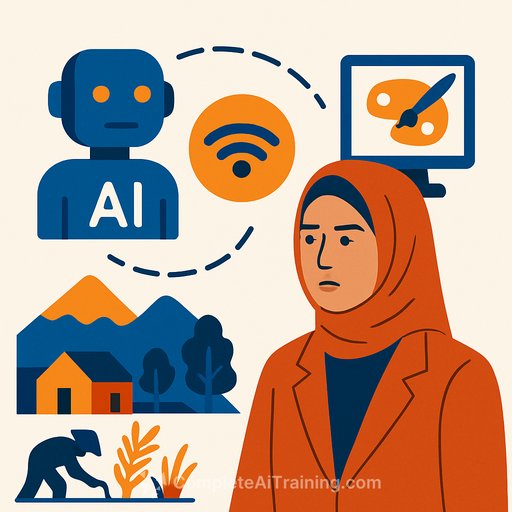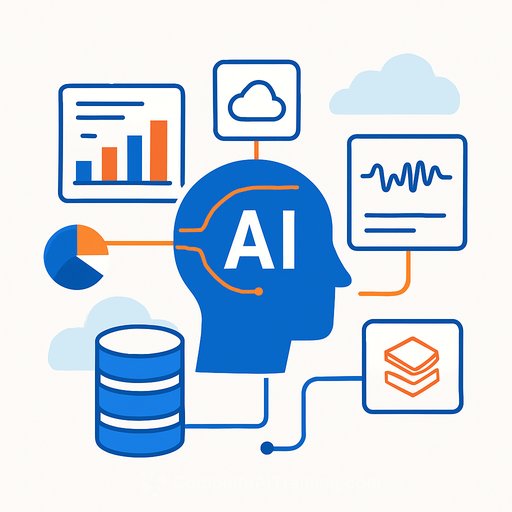Minister Meutya Hafid Highlights Internet Access Challenges for Generative AI in Rural Indonesia
Minister of Communication and Digital Affairs of Indonesia, Meutya Hafid, stressed the need to combine artificial intelligence with human intelligence to create an inclusive and fair future. Indonesia’s large, dispersed population across 17,000 islands presents both opportunities and challenges in adopting AI technologies while protecting citizens from its risks.
“Many professionals have already gained benefits from AI, with nearly two-thirds viewing it as more advantageous than threatening,” Minister Hafid said during the Information Resilience & Integrity Symposium held at Universitas Gadjah Mada (UGM) on August 21, 2025. The event focused on generative AI and information resilience within the Asia-Pacific region.
However, a significant barrier remains: unequal technology access between urban and rural areas. Internet penetration is approximately 82% in urban regions but drops to 62% in rural communities. “This gap isn’t just a number; it reflects real challenges faced by children in remote villages who struggle with online learning while their urban counterparts already use AI tools,” she explained.
Balancing Generative AI Opportunities with Risks
Generative AI (GenAI) has advanced rapidly and is now applied in multiple sectors. Despite its potential, widespread adoption introduces risks that require careful management nationally and regionally. Effective governance demands collaboration across stakeholders and borders to maximize benefits while minimizing harm.
UGM’s Vice-Rector for Education and Teaching, Professor Wening Udasmoro, pointed out that managing AI risks requires action from various groups: policymakers must implement strict regulations, companies should adopt human-centered approaches, and society needs education and digital literacy. Universities play a critical role not only in researching AI but also in guiding responsible use within communities.
Regional Perspectives on AI Ethics and Policy
Dr. Yose Rizal Damuri, Executive Director of the Center for Strategic and International Studies (CSIS), highlighted that the Asia-Pacific region faces challenges beyond policy formulation, including setting ethical standards for generative AI. These standards will shape the future impact on millions of lives. He expressed hope that such forums will foster practical cooperation to enhance welfare region-wide.
Symposium Overview: Tackling Digital Challenges Together
The symposium, organized by CSIS’s Safer Internet Lab (SAIL) in partnership with the Center for Digital Society (CfDS), served as an international platform for academic and policy dialogue. It focused on how Asia-Pacific countries can collectively respond to technological innovations while preserving digital integrity and resilience.
The event featured 20 expert speakers across four parallel panels discussing financial fraud, surveillance and privacy, foreign information manipulation, and the effects of disinformation on democratic resilience.
Why This Matters for IT and Development Professionals
For professionals working in IT and development, Indonesia’s experience underscores the critical role of infrastructure and equitable access in AI adoption. Bridging the digital divide remains essential to ensure rural communities can participate in and benefit from AI advancements.
Understanding the governance issues and ethical considerations surrounding generative AI can guide better decision-making in both public and private sectors. Collaborative efforts across governments, companies, and educational institutions will be key to responsible AI integration.
To enhance skills related to AI tools and governance, consider exploring comprehensive resources and courses available at Complete AI Training.
Your membership also unlocks:





